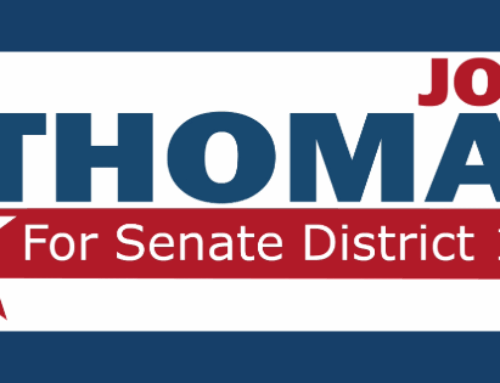If you’ve followed the debate on Net Neutrality, you may have heard conflicting opinions about the dangers or benefits of the proposed government regulations on Internet Service Providers. Many advocates of small government disagree, some coming out against Net Neutrality and others for it. Given the disparity, we felt it important to provide a quick statement representing the leadership of Richmond Tea Party on this issue.
We oppose Net Neutrality as it was originally formed, which includes the newly proposed government regulations on how businesses must manage their own data traffic. The phrase “newly proposed government regulations” alone should be enough to raise our antennae, as too often “government regulation” means “government abuse” means “loss of liberty.” Some basic regulations on business are, of course, necessary, but the sudden push to regulate a process that’s already working well in the private sector should give us pause to question the FCC’s intent for the new regulations, especially considering they are committed to regulating free speech in a variety of other manners. This proposal also opens the door to price setting and additional taxes. Be confident that if you grant a government—especially this one—new powers, they will use them to the fullest extent and beyond what you could even anticipate in an openly partisan manner. Fully protecting free speech and free markets is critical for organizations like the Tea Party to operate effectively and publically hold our government to account.
Small government advocates who support Net Neutrality do so generally because it theoretically prevents ISPs from charging more for different levels of content—a form of regulation that could make the Internet look different for different users, depending on their ISP. We contend, though, that free market principles already account for this, meaning that subscribers will simply change ISPs if theirs starts messing with their content. The government regulations are, thus, an unnecessary risk of opening the door to having bureaucrats—instead of the private sector—determining how ISPs must manage their own data. We trust the private sector to do a better and more transparent job of this—and just about everything else—than we do the government.
There is a compromise package, however, proposed by Google and Verizon that appears to address our major concerns. It removes the regulatory powers from the FCC and instead allows consumers the ability to file a complaint, which the FCC would then investigate. It also eliminates the potential for price setting and new taxes. We believe based on what we know so far that this is a reasonable compromise. For a thorough analysis of the Google/Verizon proposal, read this RedState post by Neil Stevens.





